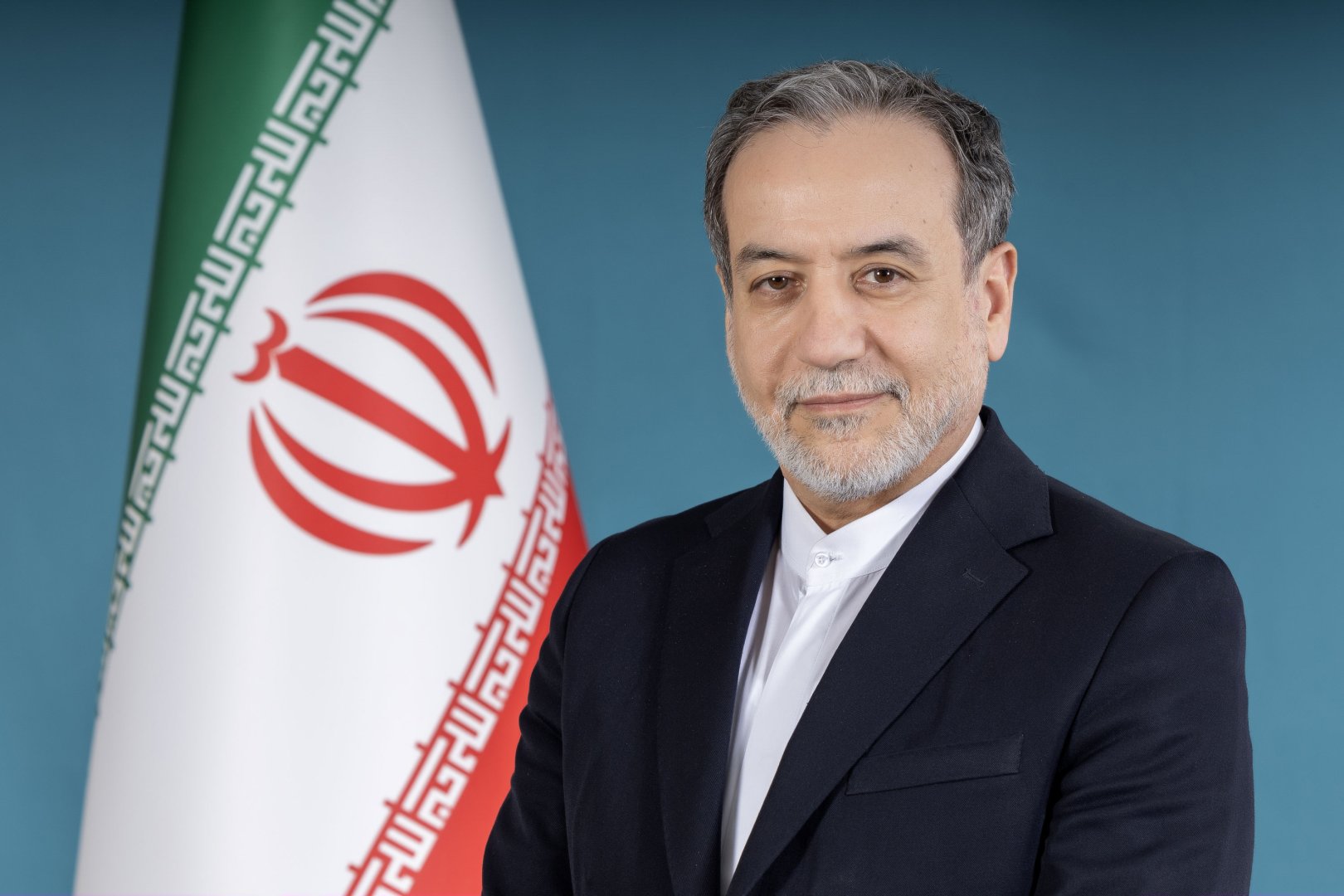BAKU, Azerbaijan, October 5. Experience proves that there is no solution to Iran's nuclear program other than diplomacy and discussion, Iranian Foreign Minister Seyyed Abbas Araghchi in a statement to journalists after a meeting with heads of diplomatic missions of foreign countries in Tehran today, Trend reports.
According to him, over the past years, Iran has been repeatedly threatened with a military attack. However, this method could not solve the problem. The European parties also threatened to activate the "Snapback" mechanism. But, as with a military attack, this step was not an effective solution. It only made the negotiation process more complicated and difficult.
The Iranian foreign minister said that the European Troika (Great Britain, France, and Germany) thought that they would achieve results with the "Snapback" pressure lever. However, this pressure lever was not enough and made diplomacy difficult.
Aragchi added that diplomacy will continue. However, in the current circumstances, the parties and format of the negotiations have changed. Naturally, the role of European countries in the future negotiations has decreased and their justification for the negotiations has decreased.
On September 26, the UN Security Council convened to review the draft resolution submitted by Russia and China aimed at extending the term of Resolution 2231 and blocking the activation of the “Snapback” mechanism. The vote saw four members in favor, nine opposed, and two abstentions. As a result, starting September 28, the Security Council’s resolutions targeting Iran have been reinstated.
On July 20, 2015, the UN Security Council adopted Resolution 2231, which annulled six previous resolutions against Iran and lifted wide-ranging sanctions connected to its nuclear program.
Under Articles 36 and 37 of the Joint Comprehensive Plan of Action (JCPOA), if a member state files a complaint over another party’s violation of the deal, a review process begins. If the issue is not resolved, the complainant can escalate it to the UN Security Council. Should the Council accept the complaint against Iran, international sanctions may be reactivated, and the Council may even authorize military action against Iran.
The five rounds of indirect talks on Iran's nuclear program took place between Iran and the U.S. on April 12, 19, and 26, and May 11 and 23. Oman's Foreign Minister Sayyid Badr Albusaidi acted as mediator in the indirect talks, with the Iranian delegation led by Foreign Minister Sayed Abbas Araghchi and the U.S. delegation led by U.S. Special Representative for the Middle East Steve Witkoff. The first, third, and fourth rounds of negotiations took place in Muscat, the capital of Oman, and the second and fifth rounds took place in Rome, the capital of Italy.
On June 22, the U.S. launched military airstrikes on three Iranian nuclear facilities. It is reported that the airstrikes destroyed the Iranian nuclear facilities.
Stay up-to-date with more news on Trend News Agency's WhatsApp channel







